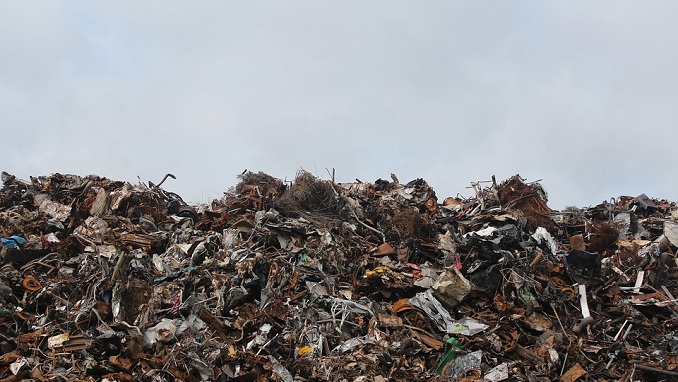Russian scrap metal association Ruslom has once again voiced opposition to a potential ban on all ferrous scrap exports under consideration by Russia’s economy ministry, Argus Media reports.
According to the industry association, a ban of ferrous scrap exports would have serious negative consequences, including possible losses of about $1.3 billion in earnings from export activities totaling 5.2 million tons per year at a forecast average price of $250/t and a 50% drop in domestic scrap collection rates, Ruslom said.
Th scrap processors have suggested that the ministry consider an alternative to a total ban if it deems that some export restrictions are required. The association proposed a temporary six-month scrap export restriction during the seasonally low activity period for Russia’s domestic and export market from 1 October 2019 to 1 April 2020.
The proposal contains a limit on the restriction to a maximum of 520,000t, or around 10pc of all ferrous scrap exported by Russia in 2017. It would consequently be compliant with World Trade Organization (WTO) non-tariff regulations and defined as a seasonal quota, as it would be implemented during the low scrap generation season.
Ruslom’s appeal was a response to Russian Tube Industry Foundation‘s proposal to the government to ban all exports of ferrous scrap from Russia for six months from 1 May, which is the time of high scrap purchasing activity both at home and in the export markets. The ban was suggested in order to curtail price increases that increase steelmakers’ costs because of tighter availability amid increasing demand.
Banning scrap exports on these terms would be against international trade laws, restrict scrap procurement companies’ cash flow and so affect their scrap collection capability, and consequently affect scrap end users, Ruslom said.
A survey of Russian scrap market participants indicated that they agree with Ruslom’s proposal.
Exporters said there is not a single legitimate reason to introduce a ban for ferrous scrap exports — both within the WTO and the customs economic space between Russia and Belarus, which is one of the largest recipients of Russian ferrous scrap exports, taking around 1.4 million tons per year.












